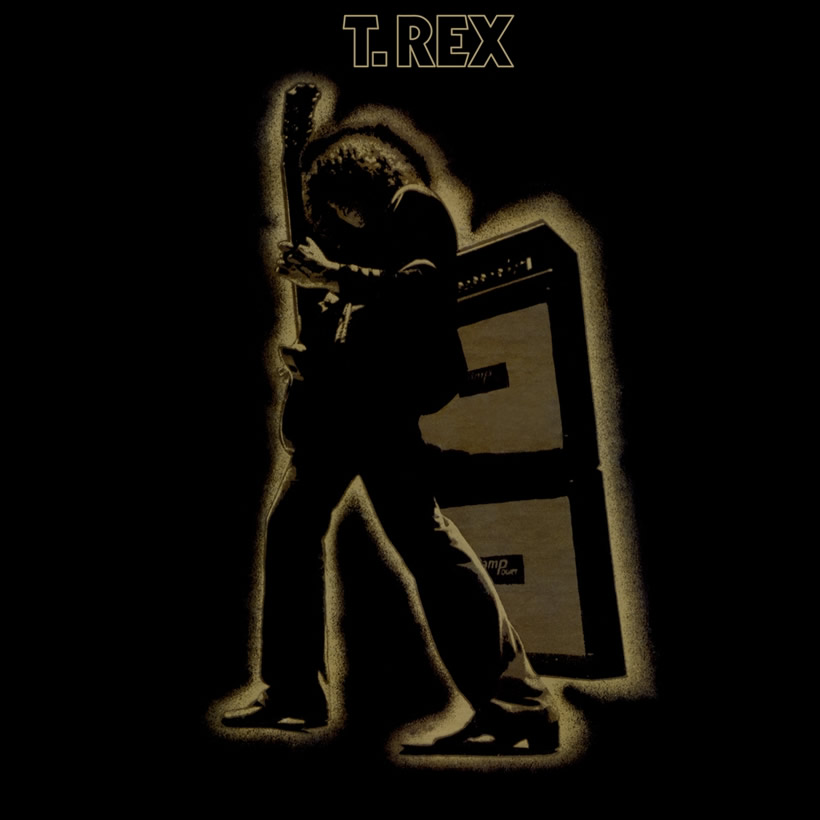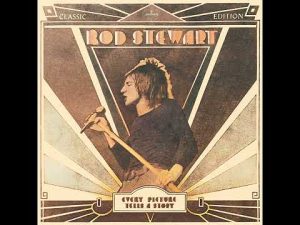
On the UK album chart of October 9, 1971, Rod Stewart was topping both the singles and album charts in the UK, with “Maggie May” and Every Picture Tells A Story respectively. But another event of great historical importance was happening on that same countdown. The album that confirmed Bolanmania, T.Rex’s Electric Warrior, debuted at No.2. On the December 18 chart, it started a six-week run at No.1.
After changing their name from Tyrannosaurus Rex and scoring a breakthrough hit with “Ride A White Swan” the year before, Marc Bolan’s band had a memorable 1971 all round. It brought their first two No.1 UK singles in “Hot Love” and “Get It On,” as they settled on the new glam-pop sound and style that would make Bolan into Britain’s hottest pop star of the day. The T. Rex album charted early in the year, too, peaking to No.7.
Electric Warrior, released just nine months later, upped the ante to a whole new level. Produced, like its predecessor, by Tony Visconti, it included both “Get It On” (T. Rex’s biggest US hit, renamed “Bang A Gong,” with the UK title in brackets) and their next UK smash, “Jeepster.”
With tracks like “Cosmic Dancer” and “Life’s A Gas” giving the work considerable depth beyond the hit singles, Electric Warrior saw Bolan evolving from pixie poet into a real figurehead for teenagers and album buyers alike. He was clearly enjoying the chance to camp it up on the television quite a bit, too.
‘I’ve always been a wriggler’
“I’ve always been a wriggler. I just dig dancing,” he said in Record Mirror in the week the album charted. “It was just a bit difficult to wriggle when I was with Peregrine [Steve Peregrine Took, his partner in Tyrannosaurus Rex] sitting cross-legged on the stage.
Listen to uDiscover Music’s T. Rex Best Of playlist.
“I mean, I am my own fantasy. I am the ‘Cosmic Dancer’ who dances his way out of the womb and into the tomb on Electric Warrior. I’m not frightened to get up there and groove about in front of six million people on TV because it doesn’t look cool. That’s the way I would do it at home.”
Bolan’s fans concurred. After an initial run that saw the album in the top five for two months, it bounced up to No.1 just before Christmas 1971 and stayed there for six weeks, returning for another two weeks in February 1972.




